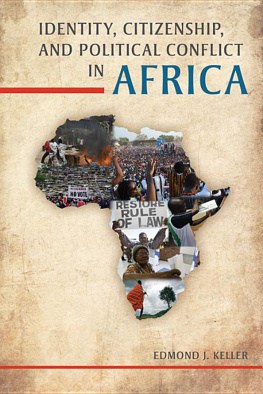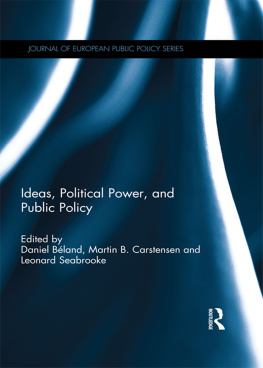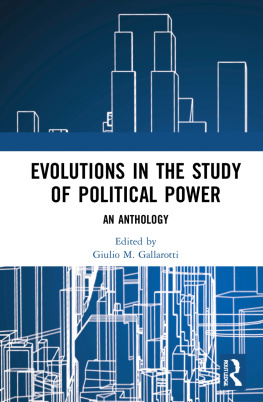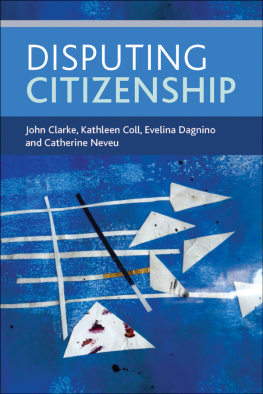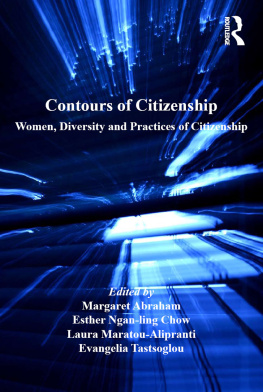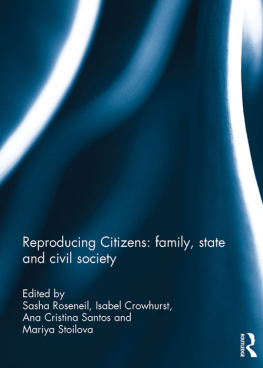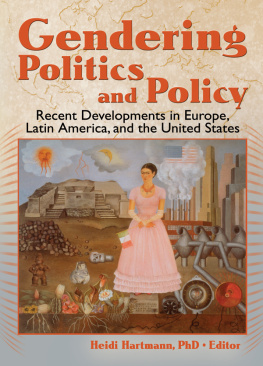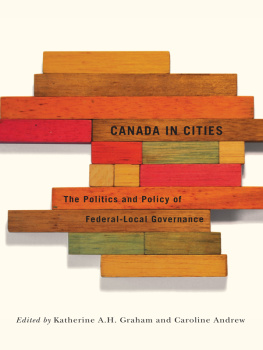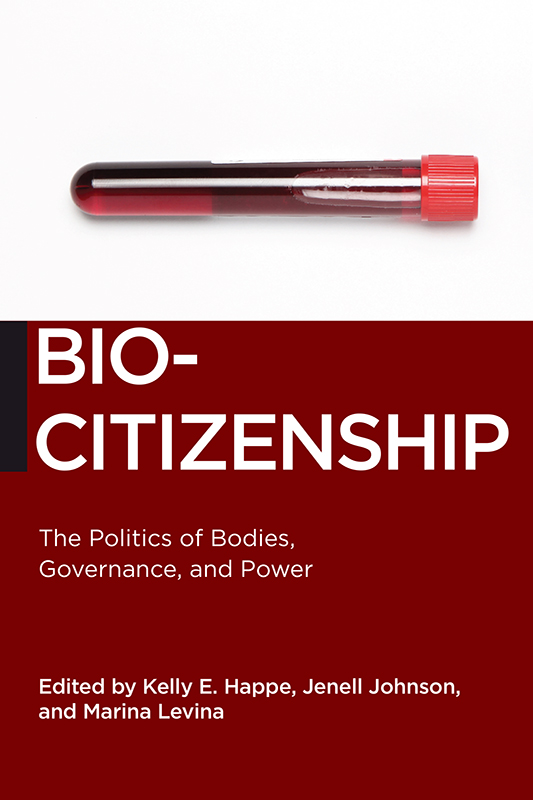
Biocitizenship
Biopolitics: Medicine, Technoscience, and Health in the 21st Century
General Editors: Monica J. Casper and Lisa Jean Moore
Missing Bodies: The Politics of Visibility
Monica J. Casper and Lisa Jean Moore
Against Health: How Health Became the New Morality
Edited by Jonathan M. Metzl and Anna Kirkland
Is Breast Best? Taking on the Breastfeeding Experts and the New High Stakes of Motherhood
Joan B. Wolf
Biopolitics: An Advanced Introduction
Thomas Lemke
The Material Gene: Gender, Race, and Heredity after the Human Genome Project
Kelly E. Happe
Cloning Wild Life: Zoos, Captivity, and the Future of Endangered Animals
Carrie Friese
Eating Drugs: Psychopharmaceutical Pluralism in India
Stefan Ecks
Phantom Limb: Amputation, Embodiment, and Prosthetic Technology
Cassandra S. Crawford
Heart-Sick: The Politics of Risk, Inequality, and Heart Disease
Janet K. Shim
Plucked: A History of Hair Removal
Rebecca M. Herzig
Contesting Intersex: The Dubious Diagnosis
Georgiann Davis
Men at Risk: Masculinity, Heterosexuality, and HIV Prevention
Shari L. Dworkin
To Fix or to Heal: Patient Care, Public Health, and the Limits of Biomedicine
Edited by Joseph E. Davis and Ana Marta Gonzlez
Mattering: Feminism, Science, and Materialism
Edited by Victoria Pitts-Taylor
Are Racists Crazy? How Prejudice, Racism, and Antisemitism Became Markers of Insanity
Sander L. Gilman and James M. Thomas
Contraceptive Risk: The FDA, Depo-Provera, and the Politics of Experimental Medicine
William Green
Personalized Medicine: Empowered Patients in the 21st Century
Barbara Prainsack
Biocitizenship: The Politics of Bodies, Governance, and Power
Edited by Kelly E. Happe, Jenell Johnson, and Marina Levina
Biocitizenship
The Politics of Bodies, Governance, and Power
Edited byKelly E. Happe, Jenell Johnson, and Marina Levina

NEW YORK UNIVERSITY PRESS
New York
NEW YORK UNIVERSITY PRESS
New York
www.nyupress.org
2018 by New York University
All rights reserved
References to Internet websites (URLs) were accurate at the time of writing. Neither the author nor New York University Press is responsible for URLs that may have expired or changed since the manuscript was prepared.
Library of Congress Cataloging-in-Publication Data
Names: Happe, Kelly E., editor. | Johnson, Jenell M., 1978 editor. | Levina, Marina, 1975 editor.
Title: Biocitizenship : the politics of bodies, governance, and power / edited by Kelly E. Happe, Jenell Johnson and Marina Levina.
Description: New York : New York University Press, 2018. | Includes bibliographical references and index.
Identifiers: LCCN 2017045031| ISBN 978-1-4798-4519-4 (cl : alk. paper) | ISBN 978-1-4798-6053-1 (pb : alk. paper)
Subjects: LCSH : Biopolitics | Citizenship. | CitizenshipSocial aspects.
Classification: LCC JA80 .B498 2018 | DDC 323.601dc23
LC record available at https://lccn.loc.gov/2017045031
New York University Press books are printed on acid-free paper, and their binding materials are chosen for strength and durability. We strive to use environmentally responsible suppliers and materials to the greatest extent possible in publishing our books.
Manufactured in the United States of America
10 9 8 7 6 5 4 3 2 1
Also available as an ebook
Contents
Jenell Johnson, Kelly E. Happe, and Marina Levina
Steven Epstein
Sarah Burgess and Stuart J. Murray
Kelly E. Happe
Jeffrey A. Bennett
Karma R. Chvez
Carl Elliott and Emma Bedor Hiland
Nayan Shah
Merlin Chowkwanyun
Celia Roberts and Richard Tutton
10. Patient Activists: Experience with Public Engagement
Heather Aspell, Julie Cerrone, and Kirsten Schultz
Marina Levina
Oron Catts and Ionat Zurr
Celeste M. Condit
Jenell Johnson, Kelly E. Happe, and Marina Levina
Citizenship has a long, complex relationship with the body. One need only consider the intersection of medicine and immigration policy, antisuffrage arguments regarding the physical and mental fitness of women and people of color, or policies based on eugenics to see how bodies become subject to political recognition and political regulationsome more than others. In recent years, however, a number of developments in biomedicine and biotechnology, as well as a number of political initiatives, grassroots efforts, and public policies have given rise to new ways in which bodies shapeand are shaped byideas of citizenship, what has become known as biological citizenship or, simply, biocitizenship.
Biocitizenship, according to sociologist Nikolas Rose in a foundational definition, comprises all those citizenship projects that have linked their conceptions of citizens to beliefs about the biological existence of human beings, as individuals, as men and women, as families and lineages, as communities, as populations and as species. This definition holds that the material body and its health, vitality, and natural and social environments not only create and discipline the citizen-subject but also provide the conditions necessary for its recognition and political agency within biopolitical modes of governance, broadly construed. Biocitizenship is thus a complex and generative concept that allows scholars to delve deeply into the intersections of bodies with issues of agency, politics, and resistance in a variety of contexts.
This edited collection expands the work of Rose and others in its three primary goals: to serve as the first multidisciplinary forum on biocitizenship, bringing together a variety of voices from different fields (including voices from outside the academy); to redefine biocitizenship as a broad mode of political action linked to health, bodies, and life, thus extending beyond the narrow confines of biomedicine and the privileged liberal subject often at its center; and to critically interrogate both the bio and the citizenship of biocitizenship. The chapters that follow examine the role of science, medicine, the state, and capital as means of enabling and restraining the exercise of biocitizenship in social, cultural, political, activist, aesthetic, and technical spheres. Importantly, one of the primary contributions of the volume is to expand the meaning of biocitizenship in response to ongoing scholarly conversations regarding the intersection of bodies and gender, disability, race, class, sexuality, nation, and the boundaries of humanhood.
Like any scholarly concept, the origins of biocitizenship are distributed, and depending on ones critical orientation and political commitments, the term can have substantially different meanings. In this introductory essay, we first outline a brief critical genealogy of biocitizenship and distill three primary meanings it has developed in the scholarly literature: as redress for collective bodily injury by the state; as a mode of biopolitical governance; and as a form of health advocacy and activism. We then turn to criticism of biocitizenship, which helps to sketch out the important relationships between biocitizenship and the state, biocitizenship and the market, biocitizenship and biomedicine, andparticularly salient in the contemporary momentthe combinations thereof.
Next page

